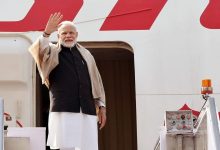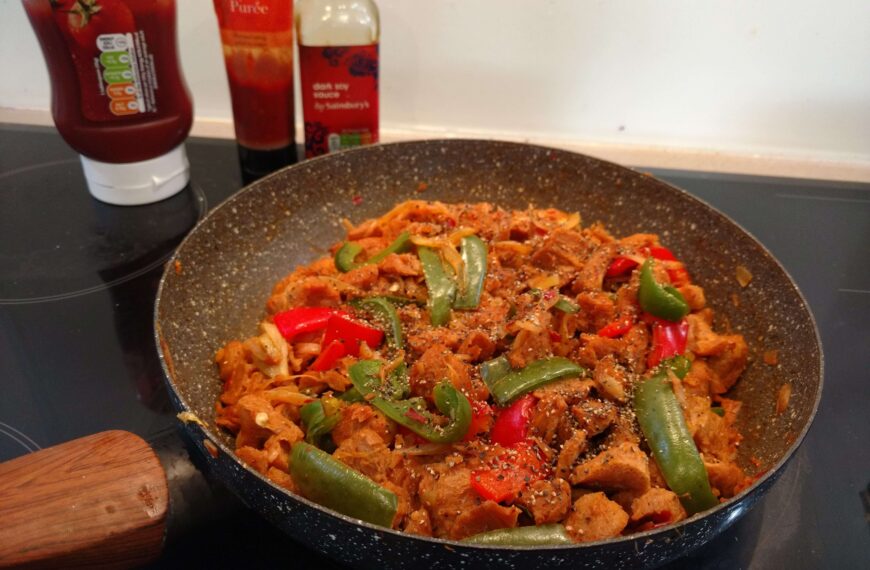The Alliance of Doctors for Ethical Healthcare (ADEH) has submitted in its letters to the Prime Minister, Health Minister and the Minister for Petroleum, Chemicals & Fertilisers as well as to the NPPA that anything that is labelled as a drug should be brought under price control. The use and choice of the drug is not the patient’s decision nor is it out of pleasure. It is a compulsion after a person is taken ill. The decision about the drug to be used depends on the health provider. Therefore, it is required that the price of all drugs, which includes the medical appliances used on the patient, should be capped. Here’s a report for Different Truths.
The reduction in the coronary stent price by the National Pharmaceutical Pricing Authority (NPPA) on 13 February 2017 after a court order had been welcomed by the people. The price of life-saving coronary stents was slashed by up to 85 percent by capping them at Rs 7,260 for bare metal stents (BMS) and Rs 29,600 for drug-eluting stents (DES). Earlier, the average maximum retail price (MRP) for BMS was Rs 45,000 and for DES, it was Rs 1.21 lakh. This was a big relief and exposed the loot by the companies, the health provider institutions and a section of the health professionals. Some of the patients have got the real benefit of this reduction. In fact, this is not a reduction in sale price but the actual price has been brought forth by the National Pharmaceutical Pricing Authority (NPPA) and it has curbed excess charging.
The public sector institutions have passed on the benefit to the patients. But unfortunately, many of the private sector institutions have not given real benefit to the patients in terms of the total cost of putting a coronary stent. This is because they have increased the procedure charges and cost of the ancillary material required during the procedure. If the real benefit is to be passed onto the patients then the above anomalies have to be sorted out. The price of the ancillary material should also be fixed by the NPPA. A monitoring mechanism should be developed to ensure that the benefit is passed down to the patients.
Even though the NPPA decided to take action against those who charged more than the price fixed by the NPPA, it did not mention anything for excess charges for the total cost. For this, the procedure cost of the institution before reduction of stent prices in February 2017 and after that should be compared to find out the discrepancy. This difference will reveal whether the increase in the procedure cost is justified or is just a cover-up to recover excess profit, which came down as a result of reduced price of stents.
A section of the industry is demanding increase in the price of stents on the plea that some new generation innovative stents will not be marketed in India at the reduced price, thus depriving the patients of new high quality stents. This demand is totally unfounded. The claims by some of these MNCs have to be evaluated thoroughly since many of these so called new generation stents are in fact pipeline innovations. This evaluation is important to determine the true value of stent.
The Indian industry should be encouraged to produce stents at reasonable rates. This will on one hand lead to cost effective stents on the other hand promote indigenous industrial development in health sector and reduce our dependence on MNCs. It may not be out of place to mention here that even US President Donald Trump has called for reduction in drug prices in his country. People in India are much poorer and thus all decisions pertaining to the price of stents should be taken in view of the public health concerns.
However, the exercise should not end at coronary stents only. The Alliance of Doctors for Ethical Healthcare (ADEH) has submitted in its letters to the Prime Minister, Health Minister and the Minister for Petroleum, Chemicals & Fertilisers as well as to the NPPA that anything that is labelled as drug should be brought under price control. The use and choice of the drug is not the patient’s decision nor is it out of pleasure. It is a compulsion after a person is taken ill. The decision about the drug to be used depends on the health provider. Therefore, it is required that the price of all drugs, which includes the medical appliances used on the patient, should be capped.
Some of these are knee joint replacements, the intra ocular lens, the cochlear implants and hearing aids etc. The coronary stents are used by about two lakh patients per year in our country while the medicines are used by each and every person, which means by more than 125 crore people. Their prices need to be streamlined and brought down substantially to serve the interest of our people. The NPPA had called various stake holders, including the MNCs, indigenous industry and public health activists, for consultations to review the price of stents on 5th February 2018. The ADEH reiterated its earlier demand in this meeting.
At present the Maximum Retail Price (MRP) is fixed by the companies. This must be changed and MRP of all drugs, including the medicines of branded or branded generic categories and appliances should be fixed by the NPPA after thorough cost accounting and considering reasonable profit margin for the manufacturer, stockist and the retailer. The private health providers should be brought under RTI so as to bring transparency in their transactions.
Dr. Arun Mitra
©IPA Service
Photos from the Internet
#Medical #EthicalHealthcare #PriceOfDrugs #LabellingOfDrugs #DrugIndustry #DoctorsAndDrugs #IPA #DifferenTruths





 By
By

 By
By
 By
By